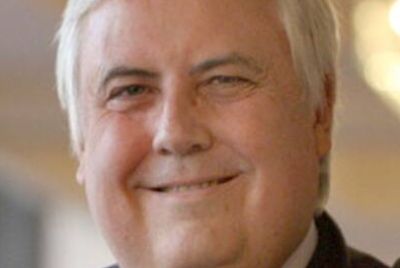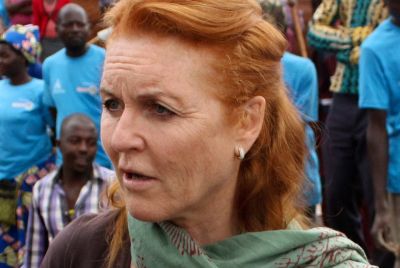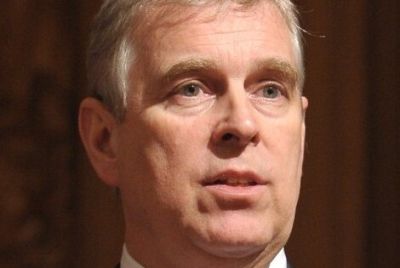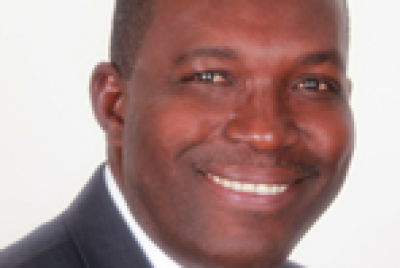Australian Stock Market Report – Afternoon 6/28/2012
MARKET CLOSE
(4.30pm AEST)
The Australian market ended largely flat today after rising for much of the session. It was also a very quiet day ahead of an important meeting in Europe which takes place tonight. This week has actually been one of the quietest so far this year.
Most of the larger sectors rose a touch, but it was the energy sector which held the market back most significantly. Oil and gas producer, Santos (STO) fell by 5.34 pct or 59 cents to $10.45 making it its biggest daily fall since August last year. The company announced a US$2.5 billion cost blowout for its Gladstone LNG project in Queensland.
There were some reports today that News Corp's (NWS) board has approved at least in principle a proposed plan to split its business in two. This would effectively separate its publishing business from its better performing entertainment unit. NWS shares jumped by 4.05 pct or 87 cents to $22.37, taking the gains for the year to almost 25 pct (calendar year).
Yesterday, the mining sector was the only drag on trade however resource companies outperformed the broader market. Australia's second largest miner, Rio Tinto (RIO) edged higher by 0.15 pct or 8 cents to $55.16 while BHP Billiton (BHP) gained 0.42 pct or 13 cents to $30.73.
Wholesale grocery distributor, Metcash (MTS) was in a trading halt today after recording a 63 pct drop in its full year profit to $262.5 million. The company announced its intention to raise $325 million to pay for a number of acquisitions, including Autobarn (Australia's largest retailer of aftermarket goods for cars). MTS also intends on buying up the remainder of hardware chain, Mitre 10.
Today was one of the busiest days of the week for economic news. The latest report on financial accounts was out and recorded a rise in household wealth per capita to $50,786 (previously $47,269)
Commsec Economist Savanth Sebastian said that "Cash is still king. Australian companies are continuing to hold more money in liquid cash and deposits than ever before. Just under half of financial assets at private sector companies are held in cash or deposits, while households are holding just over a quarter of their assets in cash and deposits. The high level of liquid assets is both positive and negative. Companies are well able to deal with the challenges posed by the volatile global financial conditions. But at what point does the level of cash become too much? It is easy to hold funds in liquid form of cash and deposits, but shareholders also want companies to be exploring opportunities to increase efficiency, productivity or growing organically or by acquisition."
Data on job vacancies out this morning has shown that there was a 5.3 pct fall in the number of available positions between March and May this year. There are around 172,000 unfilled jobs across the country. Mr Sebastian said that "Over the past year job vacancies fell by 8,900 or 4.9 per cent. Vacancies rose most in retail trade (up 3,000), other services (up 2,200), manufacturing and education & training (both up 1,500). Vacancies fell most in admin jobs (down 5,600), professional and scientific services (down 4,800), and health (down 3,300)."
In Asia today, markets ended largely mixed. Shares in Japan rose most impressively and jumped 1.65 pct or 143.62 pts to 8874.11. The gains were partly due to a report showing that the Japanese consumer picked up their spending more than expected in May.
Tonight in Brussels, European leaders will be meeting at a summit. Leaders still seem to be divided on the best solution for the region. Germany's Chancellor Angela Merckel has said that sharing debt via the introduction of Eurobonds is not going to take place in her lifetime whereas the French and Italian leaders seem quite keen on the idea. The borrowing costs for a number of Eurozone economies remain uncomfortably high. Governments in Italy, Spain and Ireland need to pay more than 6 pct interest to keep their economies running. Portugal needs to fork out around 9.6 pct while Greece is the worst of the bunch with investors demanding 25.6 pct interest on borrowed funds.
In the U.S tonight, the latest quarterly report (January to March) on economic growth will be released and is expected to rise by around 1.9 pct. The latest numbers on unemployment claims will be out at 10.30pm and is likely to fall to around 385,000. This evening a member of the Fed will be delivering a talk and the U.S Supreme Court will be ruling on a challenge to President Obama's healthcare plan. On the corporate front, Research In Motion (RIM) will release its profit results. RIM is the company behind the Blackberry phones. A loss is expected as the company just has not been able to keep up with the likes of both Apple and Samsung.
Volume of shares traded came in at 1.63 billion today, worth $3.97 billion. 492 shares were up, 524 were weaker and 423 ended unchanged.
At 4.30pm AEST on the Sydney Futures Exchange, the ASX24 futures contract is down 0.3 pct or 12 pts to 4008.
Due to daylight savings, most major European markets are now trading between 5pm (AEST) and 1.30am (AEST). Futures are currently pointing to a stronger start.
U.S futures are pointing to slightly better start to trade. Due to daylight savings taking place in the second week of March in North America and the end of daylight savings in Australia, U.S markets will now be trading between 11.30pm (AEST) and 6am (AEST).
Turning to currencies, the Australian dollar (AUD) is trading around its best levels in a week and buys US100.9 cents. The AUD is trading at £64.8 pence and €80.8 cents.
Australia is a commodity based economy, with commodities in general account for almost 80 pct of all our exports over the past nine months. In essence, when the going gets tough globally, there is fear of less demand for our commodities, which tends to result in a weaker AUD.
[Kick off your trading day with our newsletter]
More from IBT Markets:
Follow us on Facebook
Follow us on Twitter
Subscribe to get this delivered to your inbox daily





















